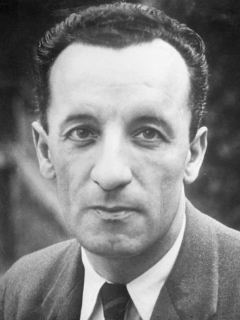
Publication details
Year: 2006
Pages: 33-55
Series: Human Studies
Full citation:
, "Phenomenology-friendly neuroscience", Human Studies 29 (1), 2006, pp. 33-55.


Phenomenology-friendly neuroscience
the return to Merleau-Ponty as psychologist
pp. 33-55
in: Human Studies 29 (1), 2006.Abstract
This paper reports on the Kuhnian revolution now occurring in neuropsychology that is finally supportive of and friendly to phenomenology – the "enactive" approach to the mind-body relation, grounded in the notion of self-organization, which is consistent with Husserl and Merleau-Ponty on virtually every point. According to the enactive approach, human minds understand the world by virtue of the ways our bodies can act relative to it, or the ways we can imagine acting. This requires that action be distinguished from passivity, that the mental be approached from a first person perspective, and that the cognitive capacities of the brain be grounded in the emotional and motivational processes that guide action and anticipate action affordances. It avoids the old intractable problems inherent in the computationalist approaches of twentieth century atomism and radical empiricism, and again allows phenomenology to bridge to neuropsychology in the way Merleau-Ponty was already doing over half a century ago.
Cited authors
Publication details
Year: 2006
Pages: 33-55
Series: Human Studies
Full citation:
, "Phenomenology-friendly neuroscience", Human Studies 29 (1), 2006, pp. 33-55.


